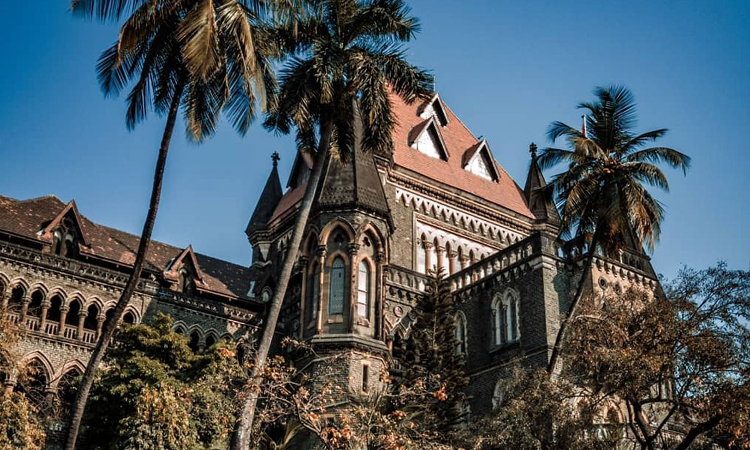The Bombay High Court has ruled that where the arbitration clause only provided for reference of dispute relating to quantum of compensation payable under the insurance policy, the plea taken by the insurance company, disputing its liability under the policy, would make the dispute non-arbitrable. The bench of Justice Bharati Dangre reiterated that an arbitration clause has to...

